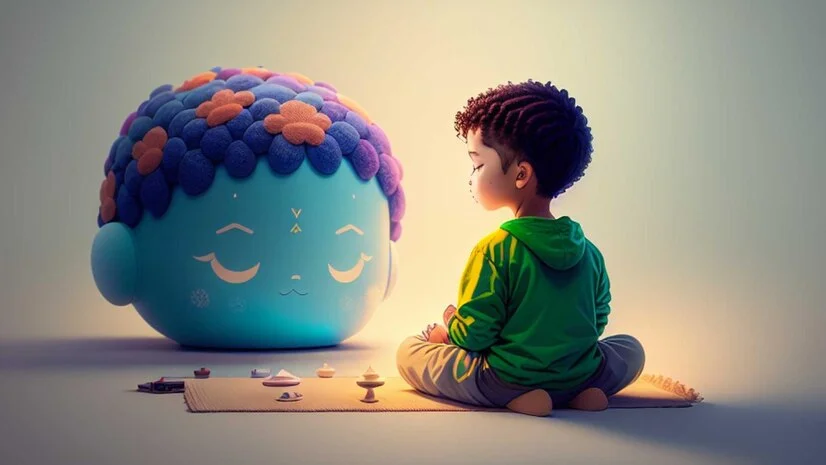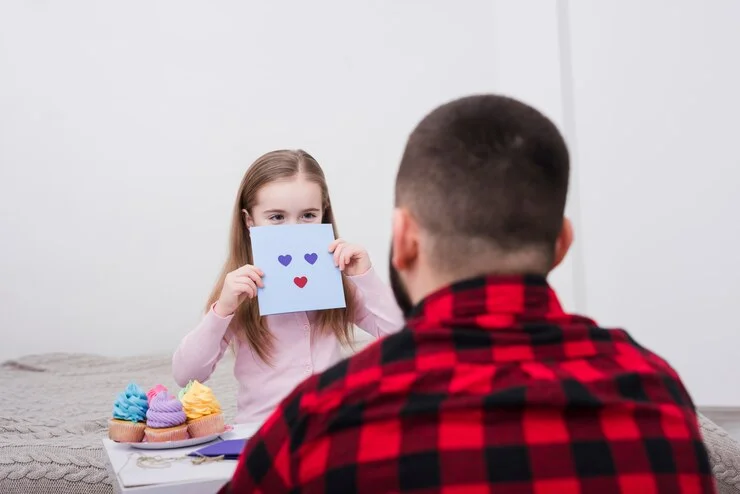-
129, Block-A Bangur Avenue, Mousumi Appartment, Kolkata 700055
129, Block-A Bangur Avenue, Mousumi Appartment, Kolkata 700055

Looking for ways to build emotional intelligence in your child? Learn how fostering empathy, emotional regulation, and problem-solving skills can help your child thrive. Consult the best psychological counselor in Kolkata for expert guidance.
Emotional intelligence (EQ) is an essential skill that helps children navigate through life, build meaningful relationships, and manage their emotions in a healthy way. As parents, fostering emotional intelligence in children is one of the most important gifts you can provide to prepare them for a well-balanced and fulfilling life.
In this guide, we’ll explore the significance of emotional intelligence in children, why it’s crucial for their overall development, and how parents can effectively nurture and build it.

Before diving into the practical tips for building emotional intelligence in children, it’s important to understand what emotional intelligence actually entails. Emotional intelligence refers to the ability to recognize, understand, and manage one’s own emotions, as well as the ability to empathize with others and manage relationships.
For children, developing emotional intelligence can help them in numerous ways:
Building emotional intelligence in children isn’t just about teaching them to “be good” or to avoid negative emotions—it’s about helping them understand, process, and express those emotions in a healthy way.

Children often struggle to identify and articulate their emotions, especially when they are young. Encouraging them to label their feelings can significantly boost their emotional intelligence.
Empathy is a cornerstone of emotional intelligence. Teaching children to understand and share the feelings of others helps them build stronger, more supportive relationships.
Emotional regulation is a key component of emotional intelligence. It’s not enough for children to simply feel emotions; they need to learn how to manage them effectively.
Helping children develop problem-solving skills gives them the tools to manage challenges with a calm and logical approach, which is a key aspect of emotional intelligence.
A child’s environment plays a major role in how they develop emotional intelligence. Creating a safe, supportive, and nurturing environment helps children feel secure in expressing and understanding their emotions.
Play is a powerful tool for teaching children emotional intelligence. Through role-playing, games, and storytelling, children can practice empathy, emotional regulation, and problem-solving in an enjoyable and engaging way.

While parents play a crucial role in fostering emotional intelligence, sometimes professional support may be beneficial. If you notice signs of emotional distress or if your child is struggling to understand or regulate their emotions, consulting with a best psychological counselor in Kolkata can be an invaluable resource.
A trained counselor can work with your child to:
Q1: At what age can emotional intelligence start to develop in children?
Emotional intelligence begins to develop in early childhood, but it continues to evolve as children grow. By age three or four, children can start understanding basic emotions like happiness, sadness, and anger. By the age of six, they can begin to show empathy and regulate their own feelings with guidance.
Q2: How can I tell if my child has emotional intelligence?
Signs of emotional intelligence include the ability to express feelings clearly, empathize with others, resolve conflicts, and manage stress in a healthy way. If your child can understand and articulate their emotions and respond to the emotions of others thoughtfully, they likely have a high level of emotional intelligence.
Q3: Can emotional intelligence be taught?
Yes, emotional intelligence can be taught and developed over time. Parents and caregivers can model emotional awareness, teach problem-solving techniques, and create an environment that encourages open communication.
Building emotional intelligence in children is not a one-time task but a lifelong journey. By providing the tools and environment for your child to understand and manage their emotions, you are setting them up for success in every aspect of their lives. Remember, emotional intelligence plays a pivotal role in how children handle relationships, challenges, and their own self-worth.
If you’re looking for professional guidance in helping your child develop emotional intelligence, consulting with the best psychological counselor in Kolkata can provide the necessary expertise and strategies. Empower your child with the emotional skills they need to thrive in a world full of complexity and opportunity.